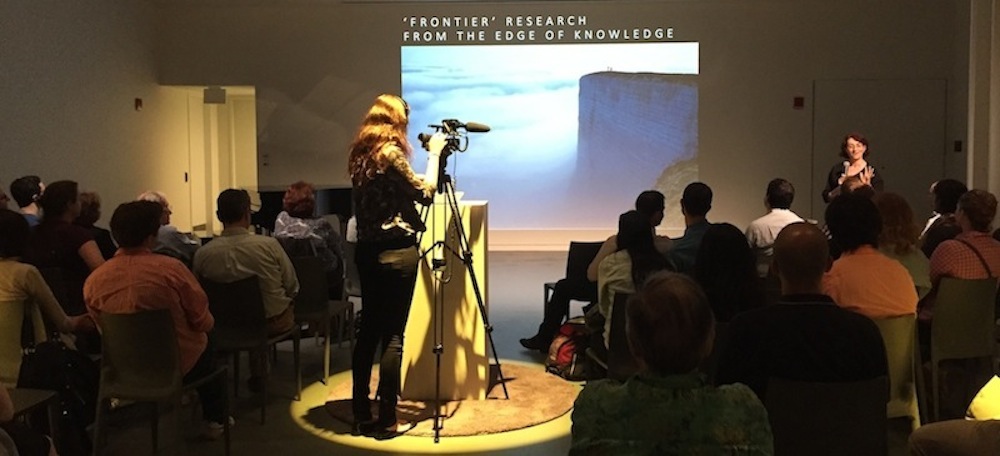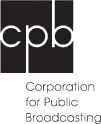Find a Café near you!
Enter your zip code, city, or state or click on the map.
11 cafés found near "NC"
Brunswick Science Cafe
Mexico Viejo, near Harris Teeter
First Monday of Every Month at 6:30
Leland, NC 28451
Carolina Science Cafe
250 E. Franklin St.
UNC-Chapel Hill
Chapel Hill, NC 27514
Discovery Place Museum
301 Tryon Street
Charlotte, NC 28202
Greensboro Science Cafe
2134 Lawndale Drive
Greensboro, NC 27408
Periodic Tables: Durham's Science Cafe
1116 Broad Street
Durham, NC 27705
Port Discover's Science Cafe
rotating
Elizabeth City, NC 27909
Schiele Science Cafe
1500 East Garrison Blvd
The Schiele Museum of Natural History
Gastonia, NC 28054
Science Café GO-Science
Tipsy Teapot
409 Evans St. #B
Greenville, NC 27858
Science Café Raleigh
121 West Jones St.
Raleigh, NC 27601
Tectonic Plates: Alamance County's Science Cafe
2009 Timberline Station Dr
Fat Frogg Bar and Grill
Elon, NC 27244
Tesseract Point Science Cafe
3818 Morganton Rd
Fayetteville, NC 28314
Science Cafés are live—and lively
Science Cafés are events that take place in casual settings such as pubs and coffeehouses, are open to everyone, and feature an engaging conversation with a scientist about a particular topic.
Science Cafés represent a grassroots movement. They exist all over the world and can vary from place to place. Venues range from a local library or coffee house to a neighborhood bar. Even the names of Science Cafés vary, including Science on Tap, Science Pub, Ask a Scientist, and Café Sci.
Why Science Cafés?
Science Cafés welcome people who may or may not typically get involved with scientific discussions. They are not exclusive club meetings for scientists and science majors, nor do they take place exclusively in lecture halls or science museums. Rather, Science Cafés can (and do) happen in informal community gathering spaces all over the world.
The successful café fosters an informal atmosphere where all participants feel encouraged to participate. These are not long lectures with a passive audience listening to an expert. Rather, they are dynamic, two-way interactions between a scientist and the public. In this way, the public feels empowered to learn, and the scientist speaker gains valuable perspective on his or her own work.







